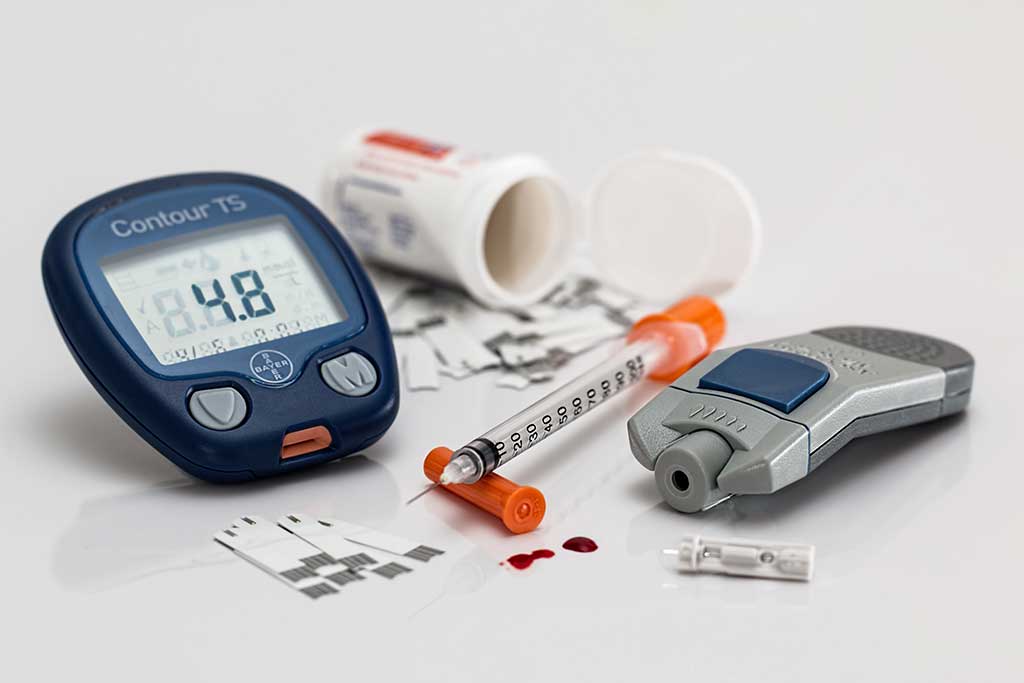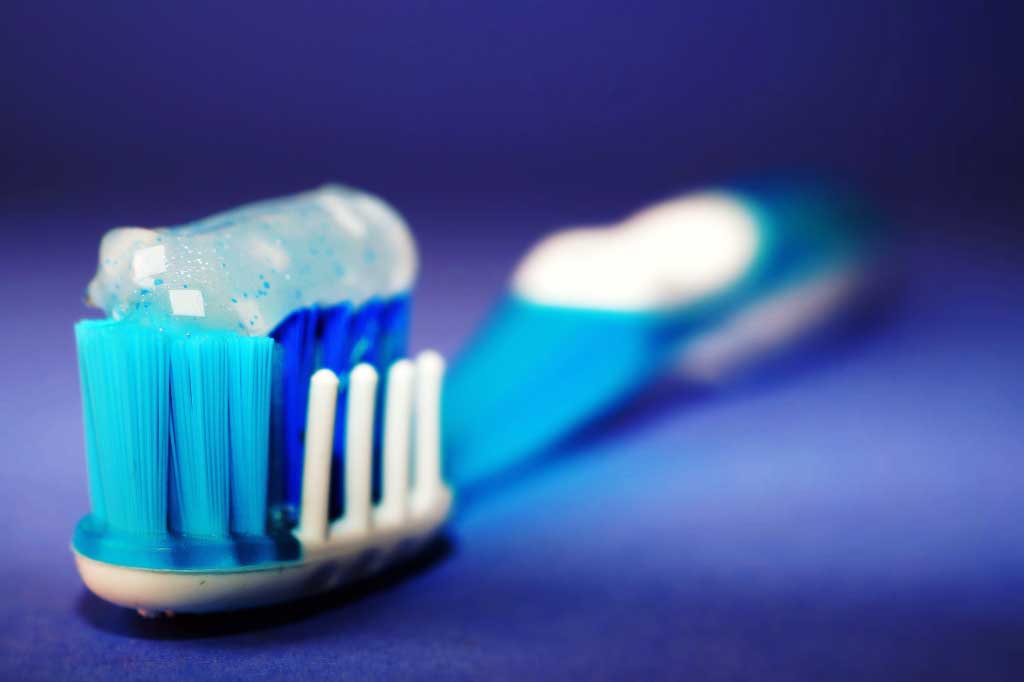Type 1 diabetes 'stabilises' after 7 years
Diabetes

"New hope for type 1 diabetes," reports The Express after a study showed insulin production falls for about 7 years and then stabilises in people with type 1 diabetes.
"New hope for type 1 diabetes," reports The Express after a study showed insulin production in people with type 1 diabetes falls for about 7 years before stabilising.
Insulin is a hormone used to control the amount of glucose in the blood. People with type 1 diabetes produce antibodies that destroy their insulin-producing cells, so they need daily insulin injections. There is currently no cure for the condition.
It's generally understood that people with type 1 diabetes produce no insulin, but some recent studies have found that around half of people could still be producing some insulin.
UK researchers measured levels of a molecule called C-peptide in more than 1,500 people with type 1 diabetes. C-peptide can be used as a marker to show if any cells in the pancreas are still producing insulin.
They found that C-peptide levels roughly halved each year in the first 7 years after diagnosis, then generally stabilised.
The researchers put forward several theories to explain this, such as there being a small, stable group of insulin-producing cells.
However, it's slightly misleading to say this offers hope. Even though people were still producing some insulin, it would not be enough to control blood glucose, and the fact that insulin production seems to stabilise over time doesn't mean the condition will then start to improve.
Aiming to boost this function could be a starting point for new treatments in the future, but we're not there yet.
Where did the study come from?
The study was conducted by researchers at the University of Exeter and University of Dundee, and published in the peer-reviewed medical journal Diabetes Care.
The research was mainly funded by the type 1 diabetes charity JDRF, the Department of Health and Social Care, and the Wellcome Trust. Individual researchers also received additional funding from and had affiliations to various organisations.
While the headline in The Express was a little misleading, the article itself was a fair report of the study and included quotes from the researchers.
What kind of research was this?
This was a large cross-sectional study looking at how problems with the insulin-producing beta cells of the pancreas progress over time in people with type 1 diabetes.
The researchers first looked at levels of C-peptide in a cross-section of people with type 1 diabetes. They then carried out a follow-up study on some of these people to see how levels changed in the years after diagnosis.
Such a large study can give a useful idea of how many people with type 1 diabetes might still be producing some insulin. However, it's hard to draw much meaning from this in terms of how people's disease will progress or how it affects their risk of complications.
What did the research involve?
The study included 1,549 people with type 1 diabetes from 2 regions of the UK who had been recruited as part of the separate UNITED study.
To be eligible for the present study, people had to:
- have been diagnosed with type 1 diabetes by age 30 years
- have had the condition for less than 40 years
- have needed insulin treatment as soon as they were diagnosed
- definitely not have type 2 diabetes – to be sure, people who were obese were excluded
- not have an identified gene mutation causing the condition, which most people don't
After a meal, they had their urine tested to look at the ratio of C-peptide to creatinine.
Creatinine is a waste product filtered out by the kidneys and was used as a way of making C-peptide measurements comparable between people regardless of how well their kidneys were functioning.
This urine test was repeated twice over the following 2 to 5 years in a subgroup of 221 people.
The researchers supported their findings by also looking at a sample of 105 people taking part in the Diabetes Alliance for Research in England (DARE) study. These people had around 6 C-peptide blood tests over 2 years.
What were the basic results?
Participants were 20 years old on average in the UNITED study and had been diagnosed at around age 11. People in the DARE study were 36 years old on average and had been diagnosed at around 16.
In both the UNITED (cross-sectional and follow-up) and DARE studies, about a quarter of people had no detectible C-peptide in their urine or blood.
Measurements showed that there was a rapid decline in C-peptide levels in the first 7 years after diagnosis, declining by almost half (47%) each year after diagnosis.
There was little difference in C-peptide levels between people who had been diagnosed between 10 and 40 years previously, suggesting levels do not change much in this period.
This pattern was seen in people diagnosed at all ages, although those diagnosed at a later age tended to show higher C-peptide levels overall.
For people diagnosed at up to age 10, it took on average half a year for their C-peptide levels to drop to a level that was considered to show a complete lack of insulin, compared with about 2.5 years for people diagnosed at age 11 or later.
How did the researchers interpret the results?
The researchers said their findings "support two clear phases of C-peptide decline: an initial exponential fall over a 7-year period, followed by a prolonged stabilization where C-peptide levels no longer decline".
They said this gives "crucial insights into understanding [beta]-cell survival".
Conclusion
This large study helps further our understanding of what happens to the insulin-producing cells of the pancreas over time in type 1 diabetes.
It suggests that, in general, these cells decline rapidly in the first years following diagnosis, before insulin production stabilises at a very low level. It makes sense that this rapid initial decline in cell function would trigger symptoms and lead to a diagnosis.
However, the crucial point is that, although the results suggest that insulin production (as indicated by C-peptide levels) stabilises after about 7 years, it stabilised at a level that effectively meant people weren't producing any insulin at all.
Therefore, the study doesn't change at least part of what we already know: that people with type 1 diabetes need insulin injections.
It also doesn't tell us whether measuring C-peptide levels could be a meaningful way of monitoring the disease. For example, we don't know if we could use C-peptide levels to tell us how likely people are to develop diabetic complications such as cardiovascular, kidney or eye disease.
Unfortunately, there's nothing in this study to suggest non-function of the insulin-producing cells will suddenly revert or start to improve in people with type 1 diabetes.
However, it does show that, in the few years after diagnosis, some beta cells still work in some people. Aiming to boost this function could be an interesting avenue for new treatments to explore, but this remains some way off.






 Subscribe
Subscribe Ask the doctor
Ask the doctor Rate this article
Rate this article Find products
Find products





